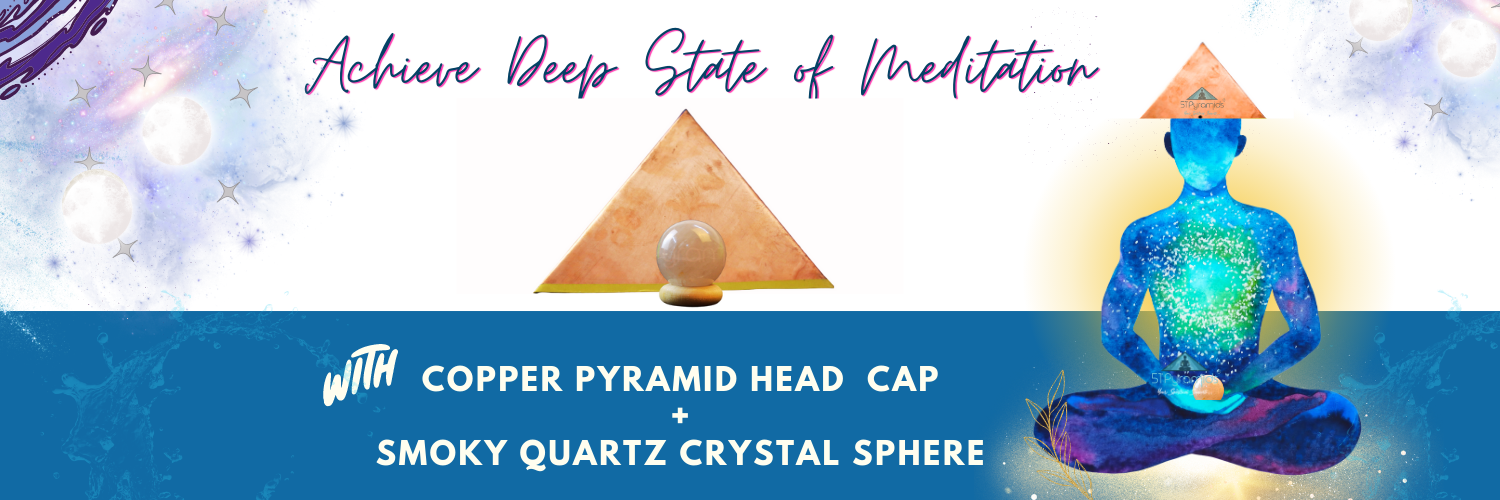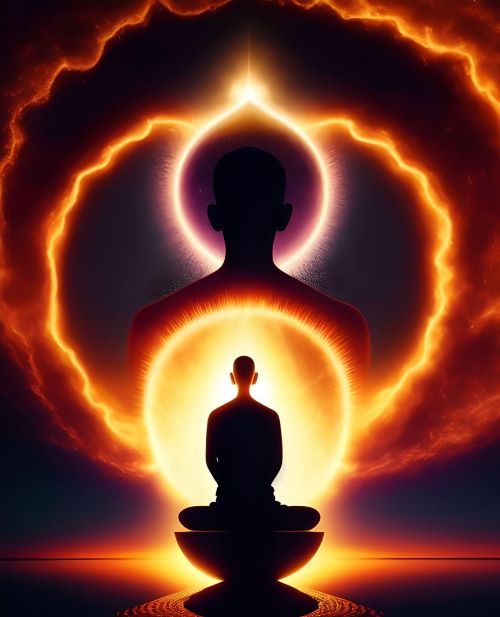
Understanding The Immutable Law of Karma and the Role of Meditation
51 Pyramids1 comment
Karma, a concept deeply embedded in several Eastern religions and philosophies, has become a buzzword worldwide. Often misunderstood, the Law of Karma is not about punishment or reward, but about cause and effect. It is the spiritual principle that every action has an equal reaction, connecting our past, present, and future. The practice of meditation can provide a profound understanding and navigation tool through the complex paths of karma.
The Basis of Karma
Karma is a Sanskrit term, meaning 'action.' It encompasses not just physical actions, but thoughts and intentions as well. Every thought, word, and deed generates a force that influences our future. It's a universal law, unbiased and unerring, reflecting the wisdom "as you sow, so shall you reap."
Different Forms of Karma
Karma is not a one-dimensional concept. It's often classified into three types:
Sanchita Karma: It is the accumulated karma from past lives, a part of which we're destined to experience in our current life.
Prarabdha Karma: This is the portion of Sanchita Karma being experienced in the present life.
Agami Karma: It represents future karma, which arises from the actions of the present life.
The Role of Meditation in Understanding Karma
Meditation is a powerful practice for understanding and navigating the law of karma. It brings about self-awareness and mindfulness, key to recognizing our karmic patterns. By observing our thoughts and feelings without judgment during meditation, we can understand the intentions behind our actions, helping us make conscious, positive choices.
Meditation also aids in releasing past karma. Techniques like breath meditation and mindfulness can foster forgiveness and compassion, essential for healing past hurts and negative karma.
Karma: Not Fate, but Opportunity
Karma should not be mistaken for fatalism. While our past actions influence our present circumstances, we always have free will to shape our future karma through our present actions. Karma is about taking responsibility for our lives, recognizing our actions' consequences, and making conscious choices.
The Law of Karma in Daily Life and Meditation
Applying the Law of Karma in daily life begins with mindfulness, which can be nurtured through regular meditation. By being aware of our thoughts, words, and actions, we can start making choices that lead to positive outcomes. It promotes compassion, forgiveness, and the understanding that hurting others ultimately hurts ourselves.
Practicing good deeds, positive thinking, and empathy can help us generate good karma. However, it's essential to remember that genuine acts of kindness come from a place of love and compassion, not from the desire for future rewards.
Conclusion: The Path to Liberation
Understanding and accepting the Law of Karma leads to a more conscious and fulfilling life. It encourages us to be accountable for our actions, seek growth, and strive for liberation. The practice of meditation is an invaluable tool in this journey, offering clarity, peace, and insight. Ultimately, the Law of Karma, understood through the lens of meditation, teaches us that we are the creators of our destiny. By acting with wisdom and compassion, we can influence our karma and guide our lives towards a path of peace and happiness.
~Ayyappa Pindi, Meditation Coach








Comments (1)
Very well explained in simple words. Well understood.